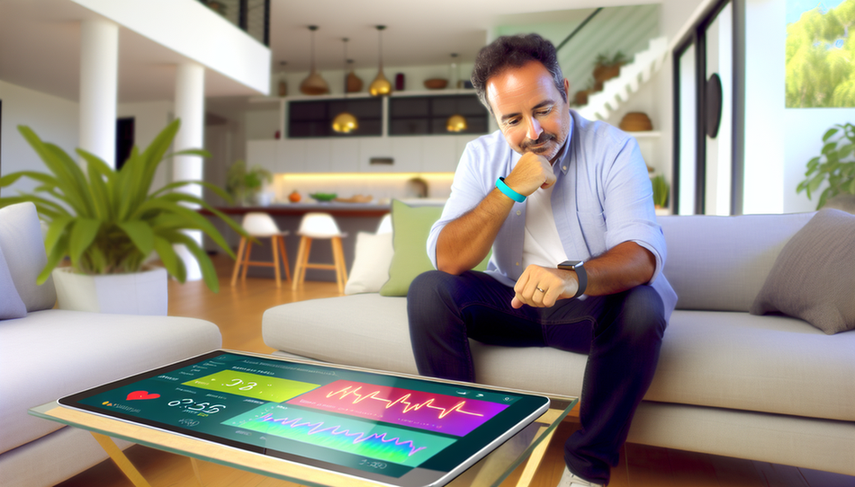Wearables in Medical Diagnosis: Portable Devices for Continuous Health Monitoring

In recent years, wearables have emerged as revolutionary tools in medical diagnosis and continuous health monitoring. These portable devices enable real-time collection of physiological data, providing a detailed and ongoing view of patients' health status. The integration of advanced sensors and artificial intelligence technologies has enhanced their ability to detect and predict medical conditions, thereby transforming the landscape of healthcare.
Diving Deeper into the Use of Wearables in Medicine
Wearable devices have proven particularly useful in the early detection of cardiovascular diseases, viral infections, and mental health disorders. For instance, smartwatches have shown potential in detecting arrhythmias and other cardiac conditions [1]. Furthermore, ambulatory monitoring of cardiac diseases through portable devices has allowed for long-term data collection, thus improving diagnostic accuracy [2].
The evolution of portable biosensors has enabled continuous measurement of critical biomarkers in biological fluids such as saliva, blood, and sweat, which is crucial for timely diagnosis and treatment of medical conditions [3]. These advancements have been made possible through the integration of microfluidic technologies and flexible materials that enhance the portability and simplicity of the devices.
However, despite these advancements, significant challenges remain in the clinical implementation of wearables. The need for cohort validation studies and performance evaluation of portable biosensors is essential for their clinical acceptance [3]. Additionally, data security and user privacy continue to be critical concerns that must be addressed to ensure trust and widespread adoption of these technologies.
Conclusions
Wearables are transforming medical diagnosis and health monitoring by providing continuous, real-time data that can significantly enhance patient care. As these technologies continue to evolve, it is crucial for healthcare professionals to stay informed about their capabilities and limitations. Effective collaboration among developers, data scientists, clinicians, and regulators will be fundamental in overcoming current obstacles and maximizing the potential of portable devices in personalized and proactive medicine.
Referencias
- [1] Wearable Devices: Implications for Precision Medicine and the Future of Health Care
- [2] Wearable Devices for Ambulatory Cardiac Monitoring: JACC State-of-the-Art Review
- [3] Wearable Biosensors: An Alternative and Practical Approach in Healthcare and Disease Monitoring
Created 24/1/2025
